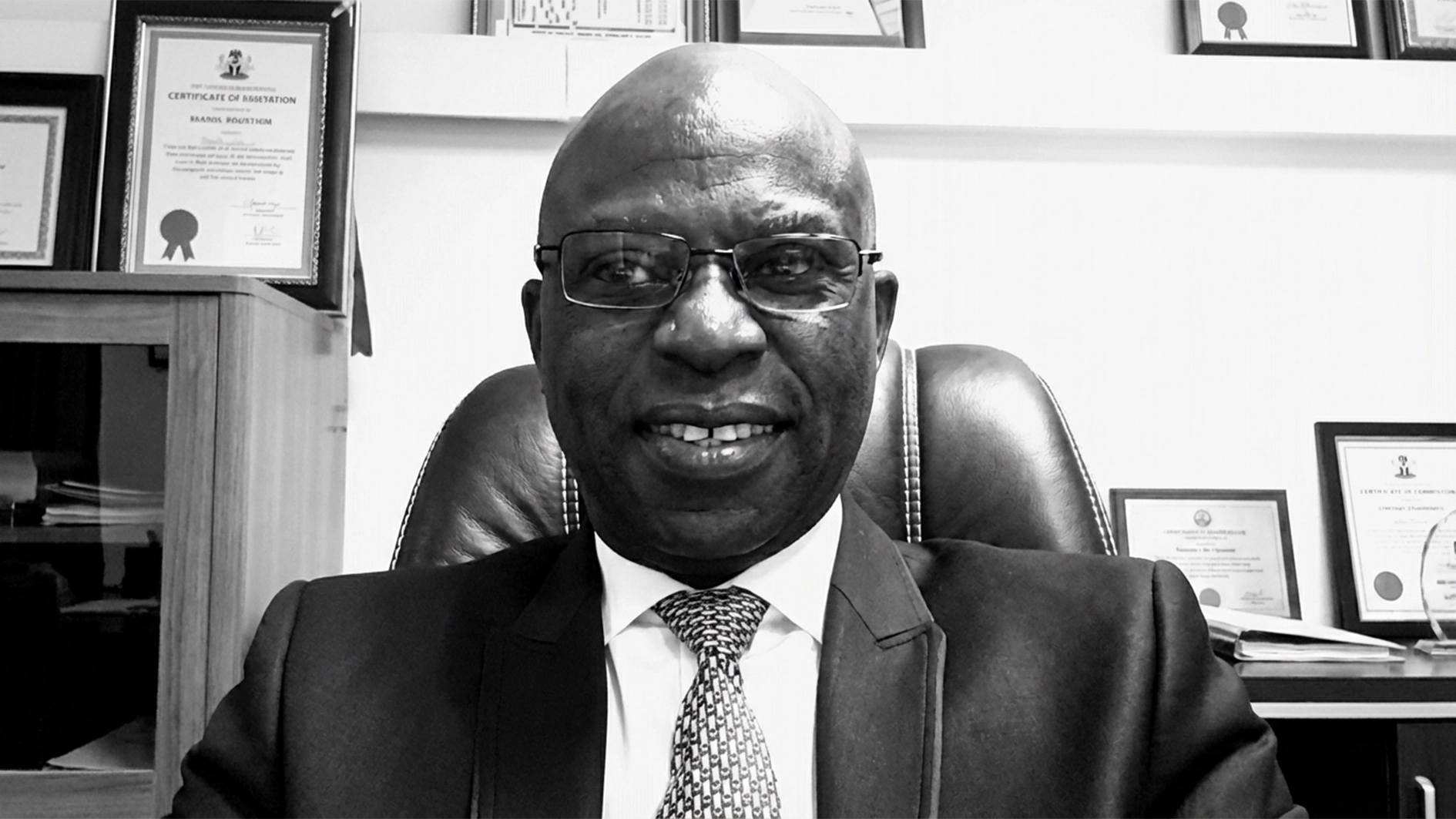…as UNA launches Lagos–Accra, Abuja–Accra routes
The Chairman of United Nigeria Airlines (UNA), Prof. Obiora Okonkwo, has described Nigeria as one of the most over-taxed aviation jurisdictions on the continent — a situation he says continues to drive up ticket prices and distort competition in West Africa’s airspace.
Speaking ahead of UNA’s formal launch of commercial flights on the Lagos–Accra and Abuja–Accra routes on Monday, Okonkwo lamented that the cumulative levies imposed on airlines in Nigeria far outweigh what operators face in neighbouring countries.
“A passenger tax here in this airport is $100. In Ghana it’s $60. I don’t know why ours should be higher,” he said. “Nigeria is probably one of the most taxed countries in Africa’s aviation industry. Beyond passenger tax, there are so many deductions we make on every ticket sold. That is why fares are high.”
According to him, when all charges are aggregated, a Lagos–Accra return ticket carries about $116 in taxes alone — before the airline even prices the actual “flight service” component.
As part of the Accra launch activities, UNA will also unveil one of its aircraft in honour of the late Ghanaian President, Flt Lt Jerry John Rawlings — a symbolic tribute to a Pan-African icon and, Okonkwo says, a statement of the airline’s commitment to deeper regional connectivity.
Speaking after supervising a mock arrival-and-departure session at the Nnamdi Azikiwe International Airport, Abuja, he confirmed that members of the Rawlings family will attend the official unveiling in Accra.
Okonkwo described UNA’s Ghana move as a deliberate push to reshape Nigeria’s footprint in West African aviation. The airline plans to add six more aircraft to its fleet in the coming months — part of a wider expansion strategy to boost intra-African travel, strengthen people-to-people ties, and offer Nigerian travellers an alternative to foreign carriers which still dominate the region’s skies.
He revealed that UNA’s mere entry into the Abuja–Accra market is already having impact. He added, “Before we announced Accra operations, only one airline was flying that route directly. Immediately, we signalled entry, fares dropped by almost 50%. That is the value of Nigerian participation.”
On safety, Okonkwo stressed that Nigeria’s regulatory regime is among the strictest globally, noting that pilots undergo simulator recertification every six months — twice as frequently as pilots in Europe or the United States — underscoring UNA’s commitment to world-class operational standards.
He urged government to play its part by reducing multiple taxes and creating a single-window approach to aviation finance, warning that high charges ultimately suppress economic activity.
“If people cannot move, commerce cannot expand,” he emphasised.
UNA’s Ghana entry, he added, is only Phase One. The airline intends to link more African destinations — before eventually extending into intercontinental operations — with the ambition of positioning Nigeria as a true hub for both African and global air travel.
By merging strategic expansion with a symbolic tribute to Rawlings, the airline hopes its launch will strengthen Nigeria’s imprint in the regional aviation market — while improving affordability and service options for West African travellers.






